Looking to the Future: 2024 at the ACLU
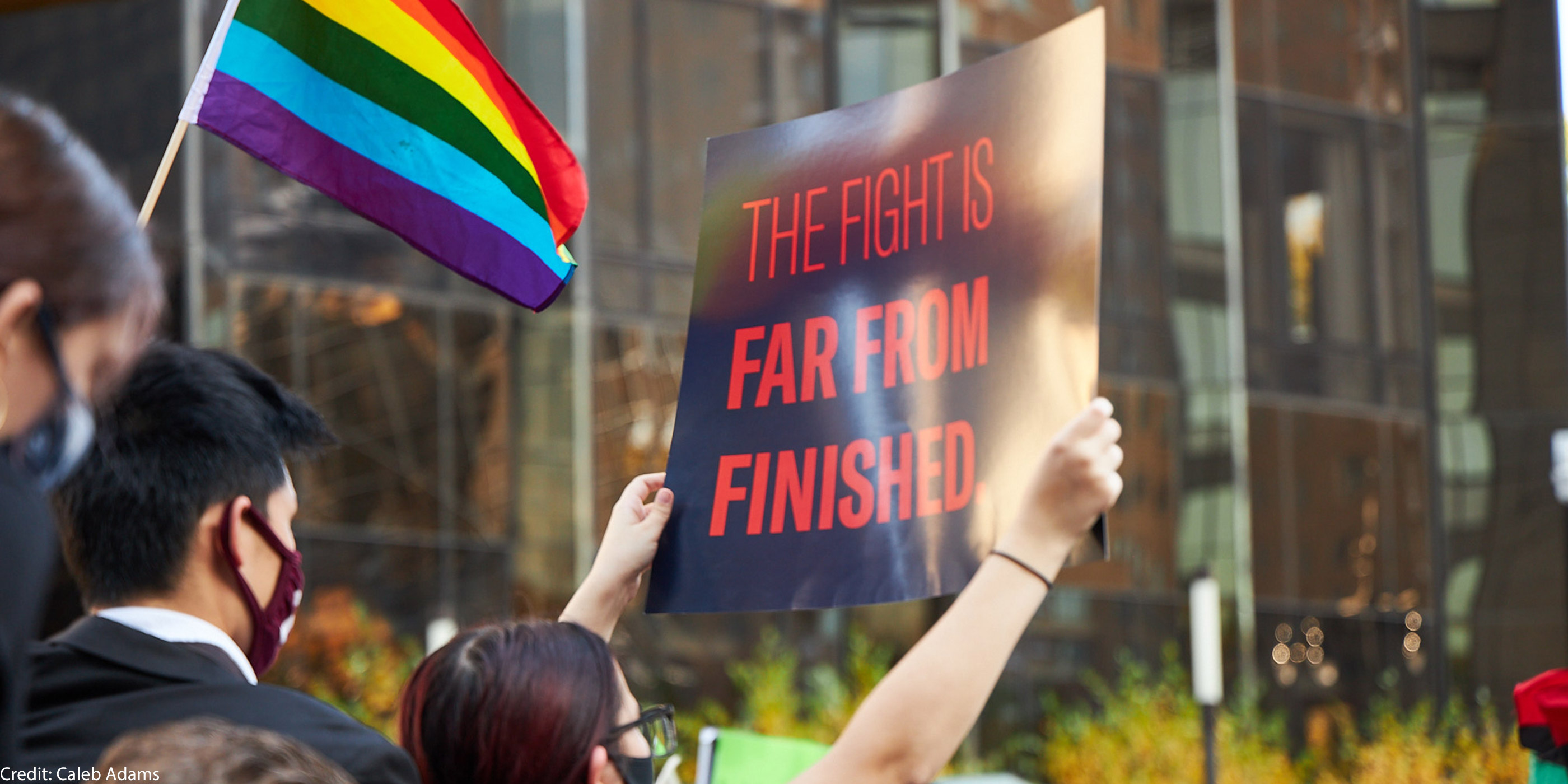
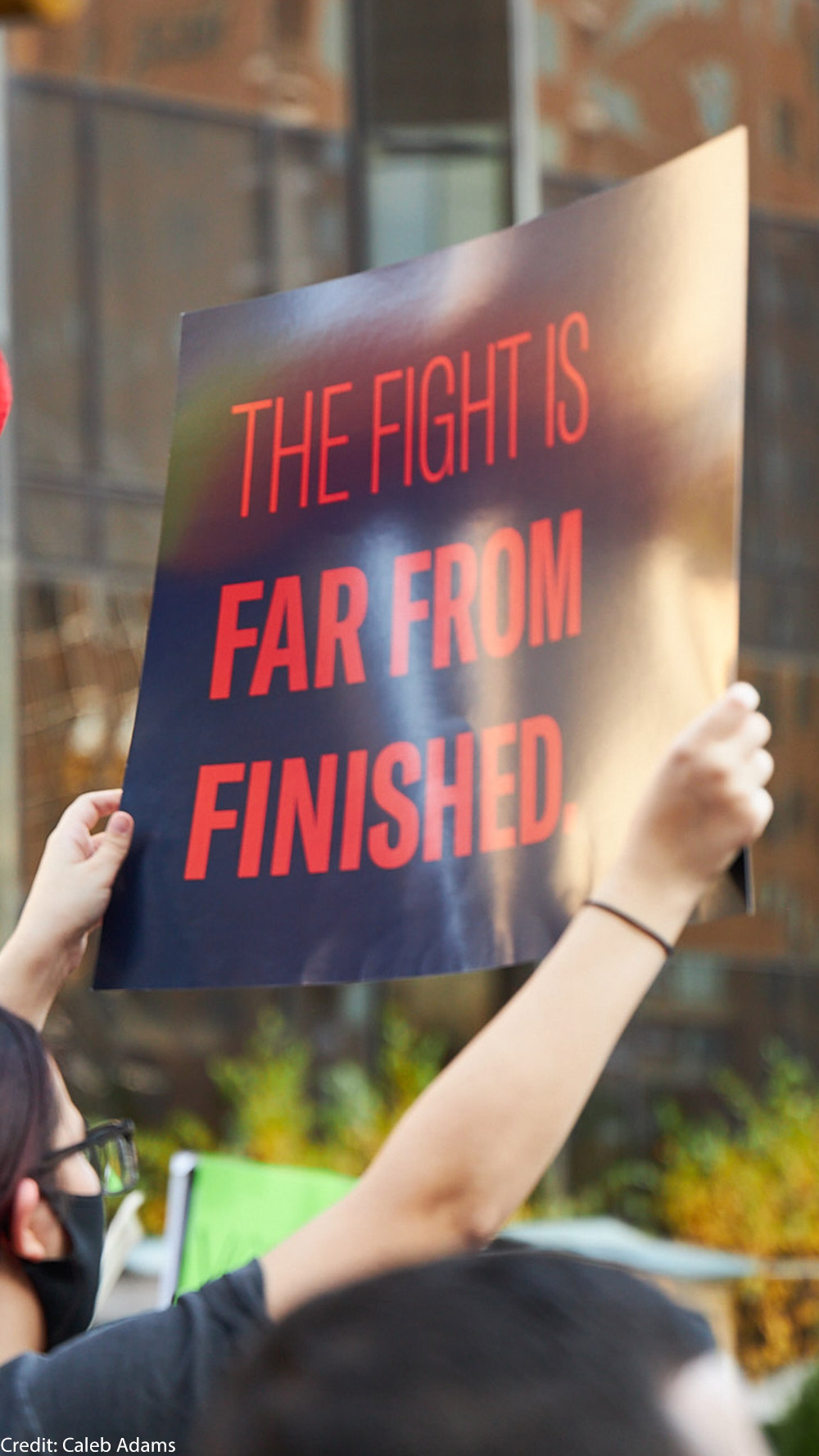
As 2023 draws to a close, we’re reflecting on crucial wins and our ongoing advocacy for civil liberties and civil rights. We’re also looking to the work ahead that will determine whether rights around the country are diminished or expanded. With the 2024 election on the horizon, we will see new challenges to reproductive freedom, trans rights, voting rights, and the many other constitutional freedoms we work so hard to protect. Our work has never felt more critical. Here are a few places we’ll be focusing our energy and expertise in the new year.
Challenging State-Level Abortion Bans
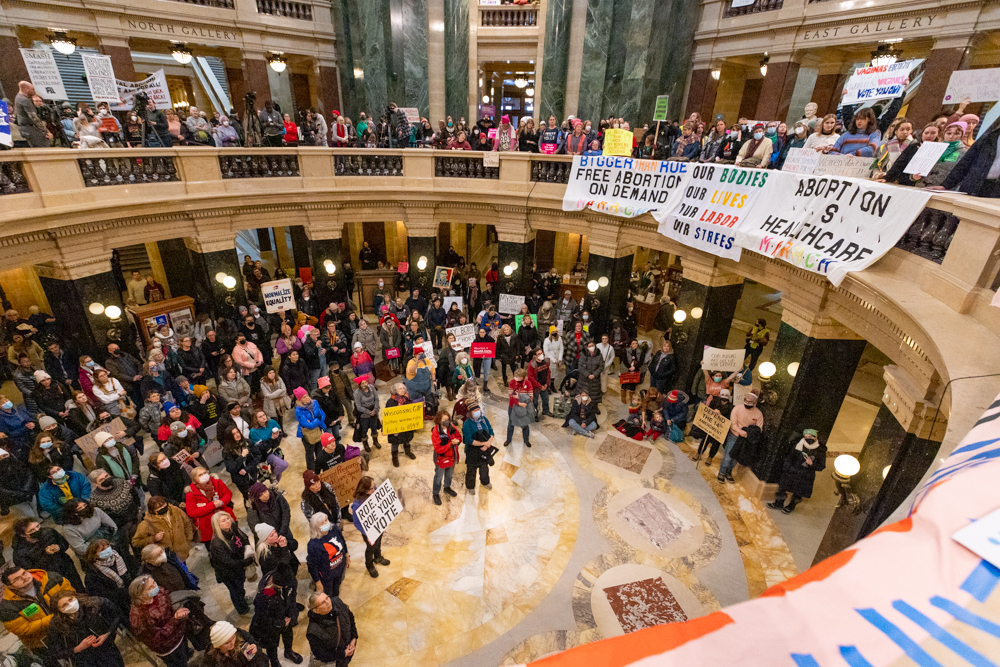
Credit: Sharon Vanorny
While heads to the Supreme Court that could have devastating nationwide impacts on mifepristone, a safe and effective medication to manage abortion and miscarriage care, we will continue to challenge bans on abortion in states including Arizona and Georgia.

Arizona’s High Court Must Protect Abortion Access
This 150-year-old ban would drag present-day Arizonans into a dangerous past.
Source: Ő“◊” ”∆Ķ
We will also continue our work to secure more critical wins for abortion rights at the ballot box building on victories in Ohio, Virginia, and Pennsylvania this year.
Safeguarding Against Mounting Anti-Trans Legislation
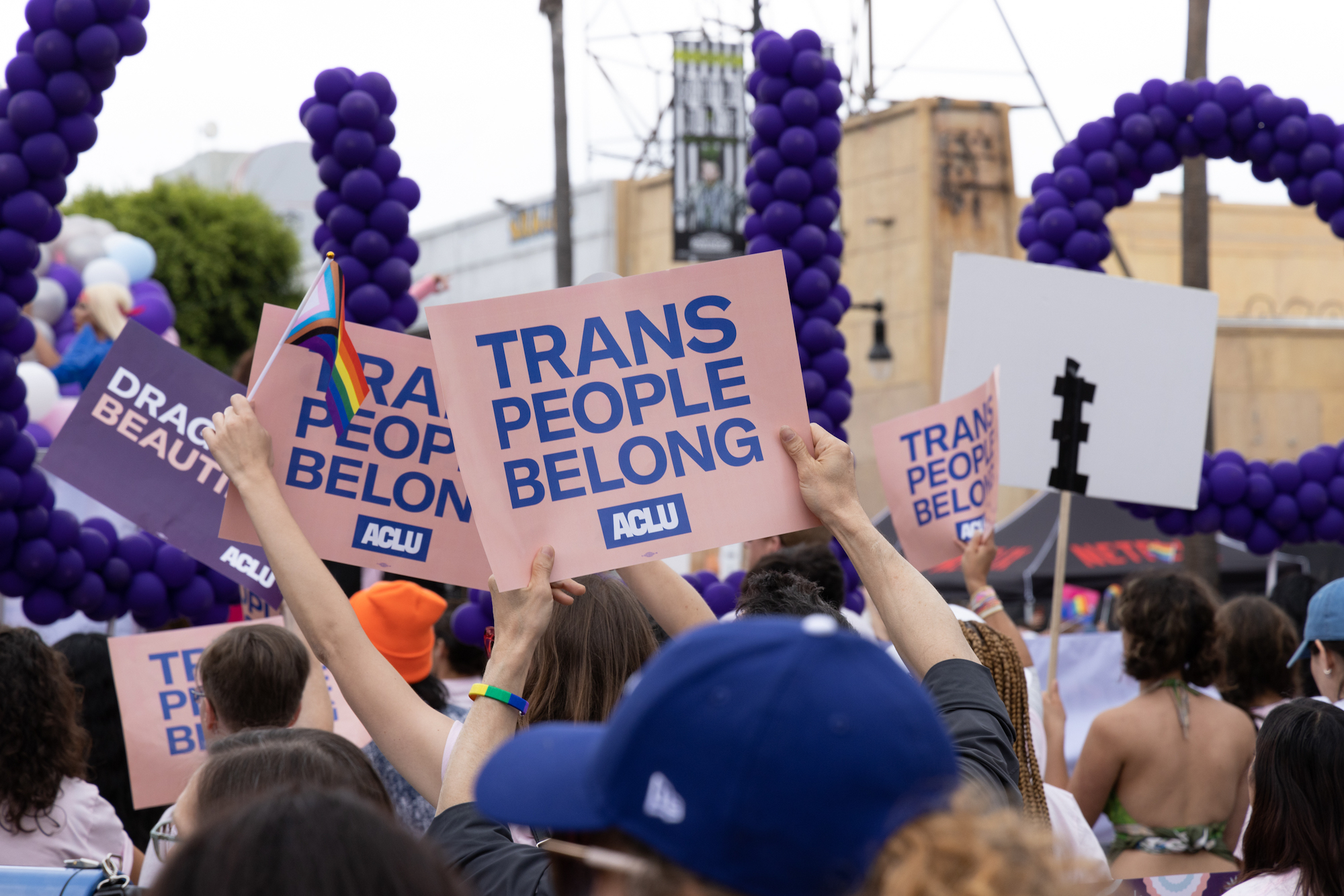
Credit: Sam Braslow
We are closely , and will continue to take legal action to protect access to gender-affirming care. In November, we asked the Supreme Court to review Tennessee and Kentucky’s unconstitutional ban on health care for transgender youth, and expect to hear from the court early next year. Our nationwide affiliate network is standing ready to defend LGBTQ people and our families from yet another legislative session where their freedom, safety, and dignity will once again be debated and attacked. Already, lawmakers have pre-filed bills attacking gender-affirming care, targeting teachers that support trans youth, and denying transgender students a safe and inclusive education.
Fighting For Fair Maps and Voting Rights
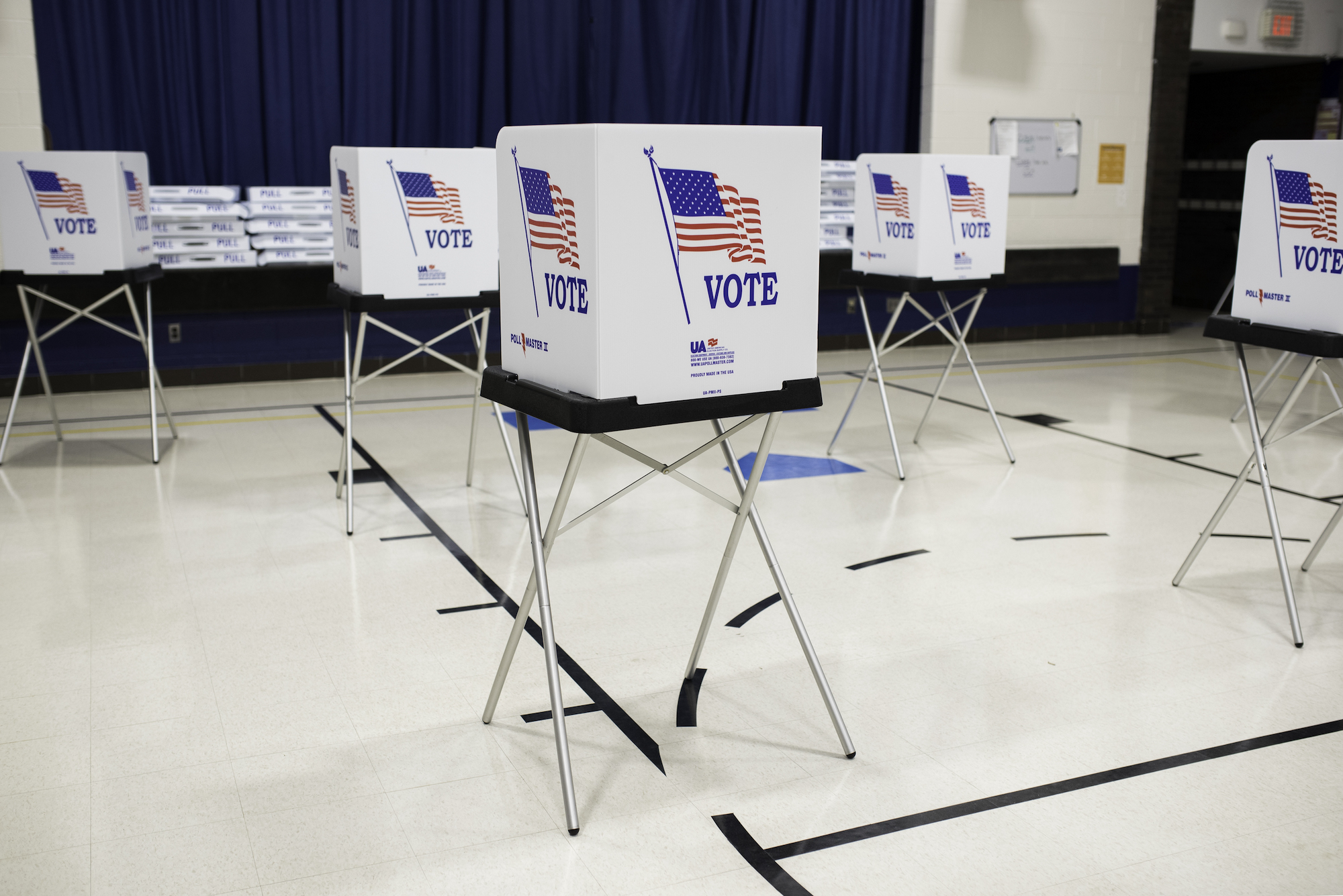
Credit: Rachel E. Thomas
Our efforts against racially discriminatory gerrymandering and to expand voting rights will become more crucial than ever during the upcoming election year. Among our many voting and redistricting-related cases are Alexander v. South Carolina State Conference of the NAACP and AR NAACP v. Arkansas Board of Apportionment, in which we are suing against unlawful mapping that undermines the political power of Black voters.
Putting the Death Penalty on Trial
As public opinion on the death penalty continues to sour, in 2024 we’re putting the death penalty on trial in North Carolina. In a landmark Racial Justice Act hearing, we’ll be arguing that racial discrimination tainted the death sentence of Hasson Bacote, who was sentenced to death by a jury of 10 white and two Black jurors in a case where the prosecution struck three times more Black jurors than white jurors.
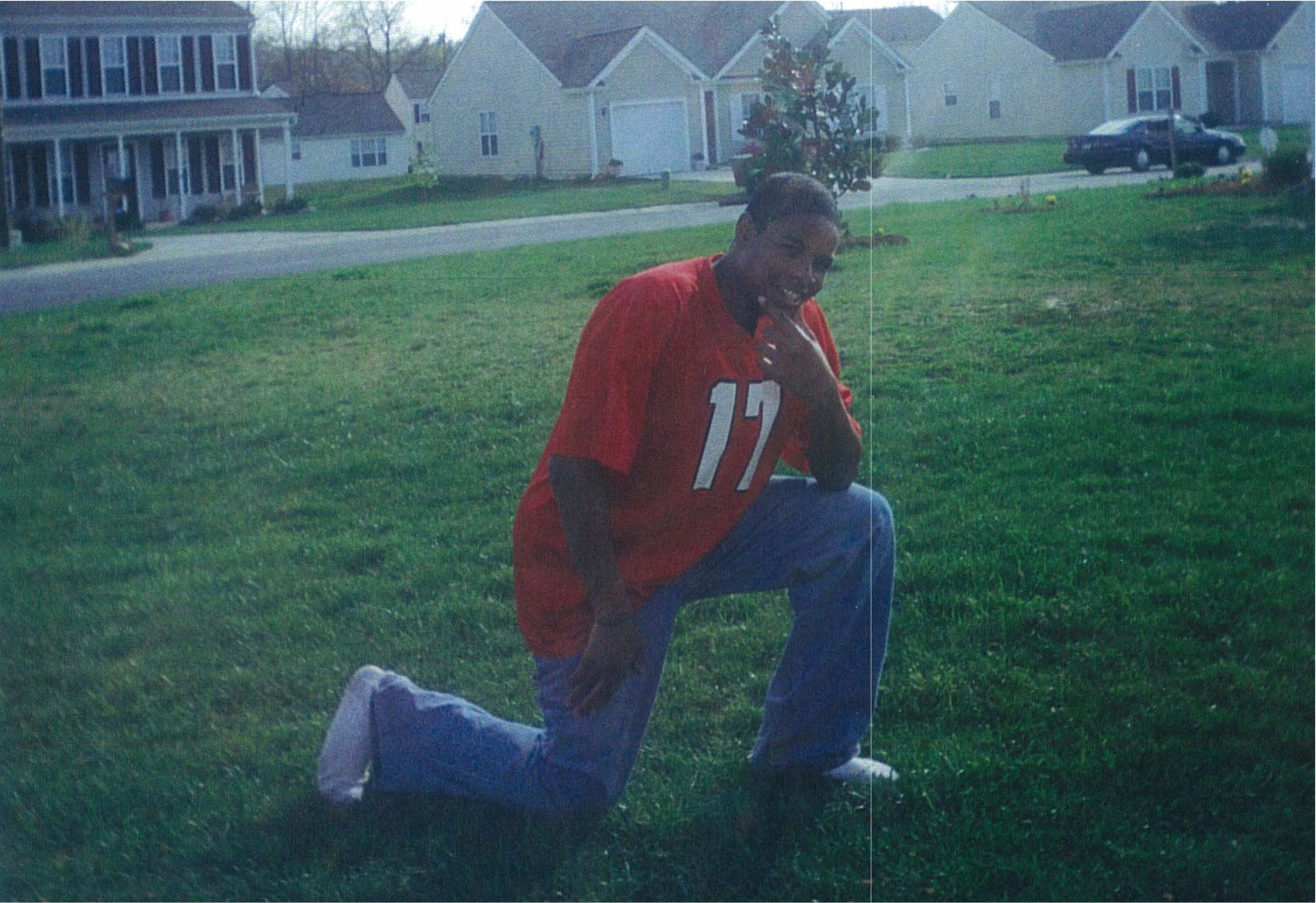
North Carolina v. Hasson Bacote
Hasson Bacote is challenging his death sentence under the first-of-its kind law, the North Carolina Racial Justice Act (RJA).
Source: Ő“◊” ”∆Ķ
This is all happening in Johnston County, the site of at least four lynchings between Reconstruction and World War I, and where KKK billboards were proudly displayed through the 1970s. The case could pave the way for others on North Carolina’s death row to challenge their sentences.
Advocating for Racial Justice Through Economic Equity

Everyone should have access to economic opportunity and get the chance to build their financial future, not just the few who have been born into generational wealth. That‚Äôs why we believe baby bonds are a crucial tool to address economic inequality. These investment accounts are created by federal, state, or local governments to help ensure that children have a secure economic future. As adults, they can use these funds to pay for higher education, homeownership, or entrepreneurship ‚ÄĒ three of the most proven ways to build wealth in the U.S. Several states have already passed or are proposing baby bond legislation, and Sen. Cory Booker and Rep. Ayanna Pressley have proposed a national baby bond program.
Litigating Against Aggressive Anti-Immigrant Legislation
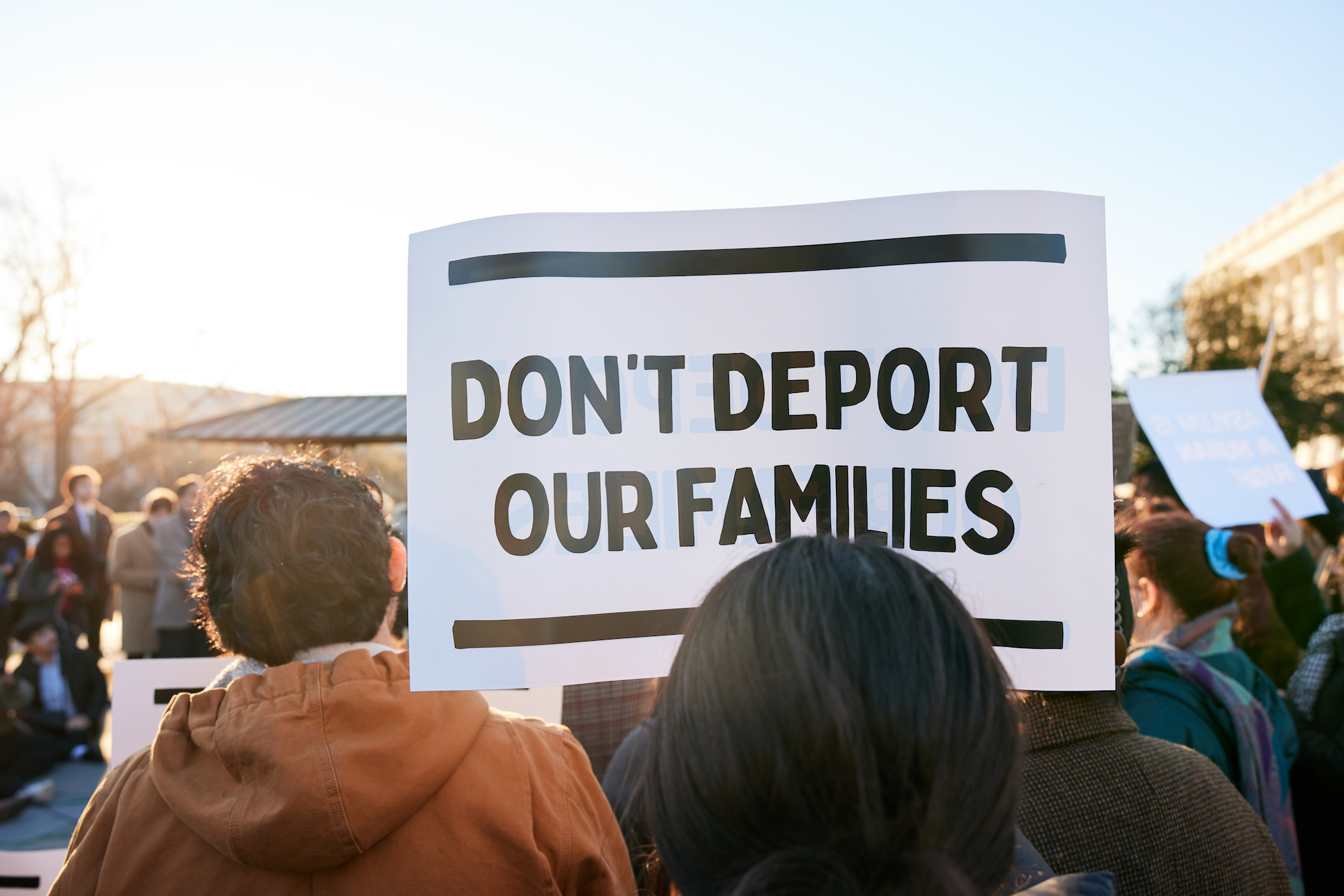
Credit: Will Martinez
A would allow state law enforcement to arrest and detain people over suspicions about immigration status, and authorize judges to order people deported. The Ő“◊” ”∆Ķand partners filed a lawsuit against this extremist and unconstitutional policy and will continue other defense efforts across the country against unlawful anti-immigrant policies.
Pushing Back Against Discrimination Under the Guise of National Security
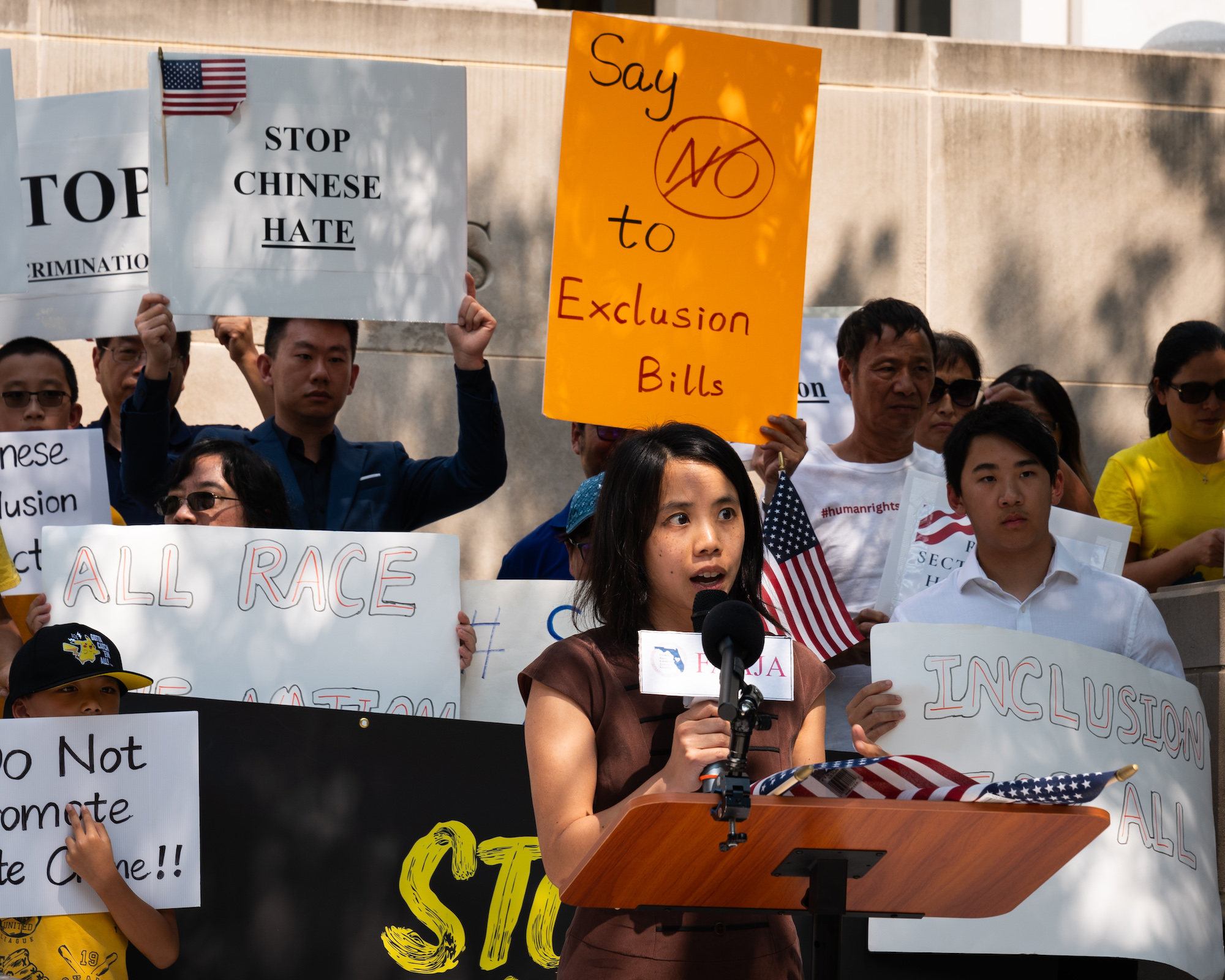
Credit: Erich Martin
The Ő“◊” ”∆Ķwill continue to advocate for people and communities harmed in the name of national security, particularly people of color and those who dissent against the government. In Florida, for example, we‚Äôre fighting to overturn a discriminatory and unconstitutional law that bans many Chinese immigrants ‚ÄĒ as well as immigrants from six other ‚Äúcountries of concern‚ÄĚ ‚ÄĒ from buying a home in the state.




